Spatialising health inequalities in Northern Ireland: A GIS based analysis of the relationship between socioeconomic status and respiratory disease.
Socioeconomic status (SES) is often seen to relate to health inequalities. Wilkinson (1997) found that mortality in developed countries is affected significantly by relative living standards within the population. Social position and material circumstances are said to influence both physiological effects of a lower standard of living and also the psychosocial condition of individuals.












